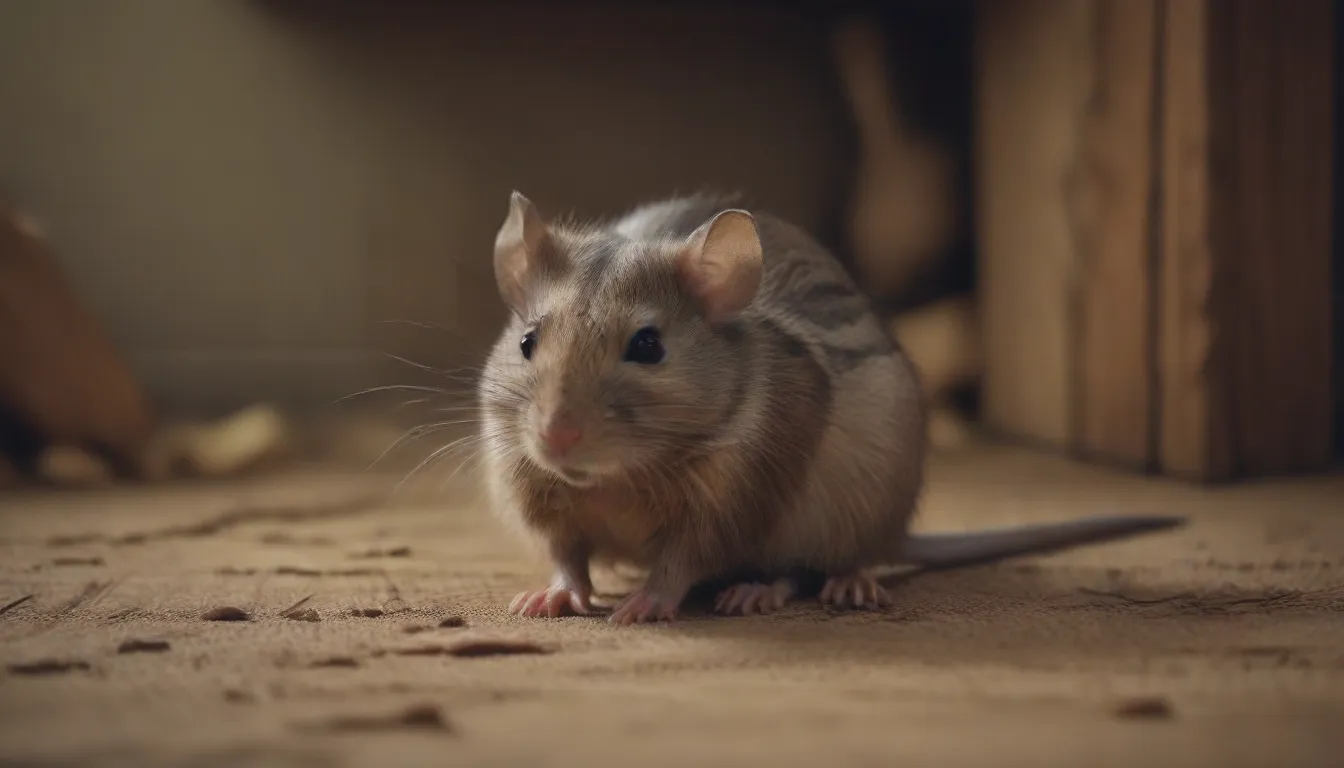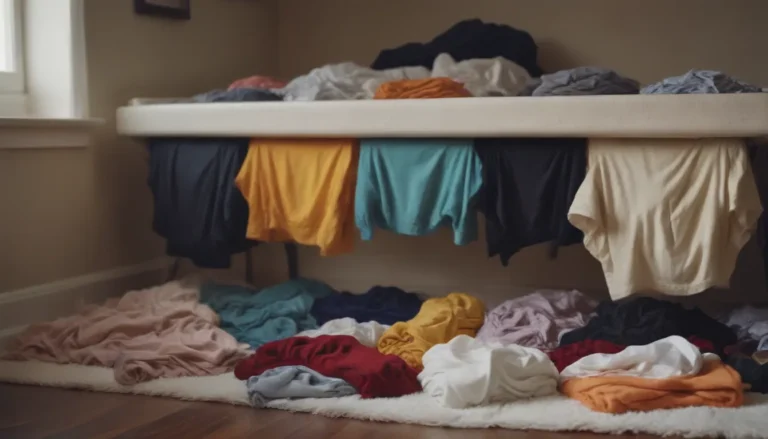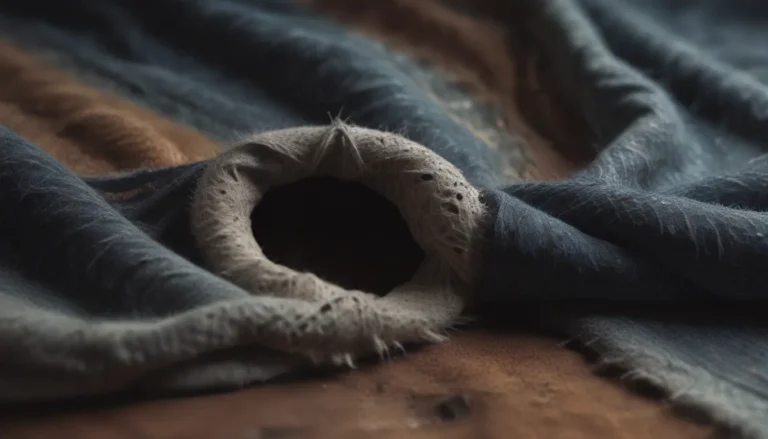A Comprehensive Guide to Recognizing and Dealing with Rodent Infestations in Your Home

Are you hearing strange noises in the walls at night? Have you noticed unexplained droppings around your house? You might have a rat or mouse infestation on your hands. These pesky critters are not only a nuisance but also a health hazard. In this detailed guide, we will walk you through the signs of a rodent infestation, how to identify the type of rodent you’re dealing with, and effective strategies for getting rid of them. Keep reading to learn how to protect your home from these unwelcome guests.
Signs of a Rodent Infestation
When it comes to rats or mice invading your home, there are several telltale signs to look out for. Here are nine common indicators that you may have a rodent infestation:
- Rodent Droppings: Fresh droppings are dark and moist, while older ones dry out and crumble. Look for droppings near food packages, in drawers, under sinks, and along walls.
- Gnaw Marks: Rodents leave light-colored gnaw marks on food packaging or walls, which darken with age. Larger gnaw marks may indicate rats rather than mice.
- Odd Pet Behavior: Cats and dogs may exhibit unusual behavior in areas where rodents are present, signaling their presence.
- Tracks and Runways: Rodents create distinct runways along walls, leaving smudge marks, footprints, and urine stains. You can detect these by sprinkling flour or baby powder in the suspected area.
- Nests: Rodents build nests with shredded materials near sources of food and water. Look for gnawing marks and droppings near potential nest locations.
- Scratching Noises: If you hear scurrying or scratching sounds behind walls or under floors, it could be mice or rats.
- Urine Pools: Rodents leave urine stains around food sources, which can be detected with a blacklight during your inspection.
- Ammonia Odor: A stale ammonia smell may indicate a large infestation, distinguishable from the sharp odor of a dead rodent.
- Allergic Reactions: Increased allergies or asthma symptoms could be caused by rodent fur and droppings.
If you notice any of these signs in your home, it’s crucial to take action promptly to prevent further infestation and damage.
Identifying Mice vs. Rats
Differentiating between mice and rats is essential for effective pest control. Mice are curious and will investigate new objects, making them easier to trap. On the other hand, rats are cautious and may avoid traps initially. Here’s how you can determine which type of rodent you’re dealing with:
- Mice: Set traps in their path immediately, as they are likely to explore new objects.
- Rats: Place unset traps in their path for several days before setting them, as rats are wary of unfamiliar items.
Knowing the type of rodent infesting your home will help you choose the right approach to eliminate them.
Dealing with a Mouse Infestation
If you suspect a mouse infestation, it’s crucial to act swiftly to prevent the problem from escalating. Here are some steps you can take to get rid of mice in your home:
- Seal Entry Points: Close off any holes or cracks that rodents could use to enter your house.
- Eliminate Food Sources: Keep all food in sealed containers and fix any leaks to cut off rodents’ access to water.
- Set Traps: Place traps strategically to catch mice effectively.
Additionally, consider using natural repellents like garlic, hot peppers, peppermint oil, or predator scents to deter mice from entering your home. By creating an inhospitable environment for rodents, you can discourage them from making themselves at home in your house.
Preventing Rodent Infestations
Once you’ve dealt with a rodent infestation, it’s essential to take steps to prevent future occurrences. Here are some preventive measures you can implement to keep mice and rats at bay:
- Maintain Cleanliness: Keep your house clean and clutter-free to remove potential hiding spots for rodents.
- Store Food Properly: Store all food in airtight containers to deny rodents a food source.
- Dispose of Garbage: Empty your garbage regularly to avoid attracting rodents with food scraps.
- Use Repellents: Consider using natural repellents or commercial products to deter rodents from entering your home.
By following these preventive measures, you can reduce the likelihood of another rodent infestation in your home.
Seeking Professional Help
If you have a severe rodent infestation or aren’t able to eliminate the problem on your own, it may be time to call in professional pest control services. Pest experts have the knowledge and tools to deal with large infestations effectively, ensuring your home is free from rodents for good.
Conclusion
Dealing with a rodent infestation can be a daunting task, but armed with the right knowledge and strategies, you can rid your home of these unwanted guests. By recognizing the signs of a rat or mouse infestation, identifying the type of rodent you’re dealing with, and taking appropriate steps to eliminate them, you can protect your home and family from the dangers posed by these pests. Remember to act promptly at the first sign of a rodent infestation to prevent further damage and ensure a pest-free living environment. With the information provided in this guide, you’ll be well-equipped to tackle any rodent problem that comes your way. Stay vigilant, stay informed, and keep your home rodent-free!





